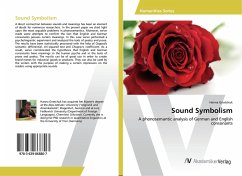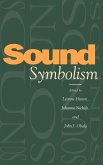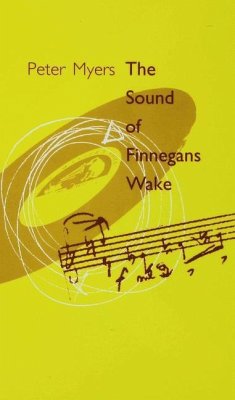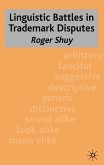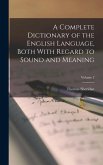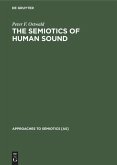A direct connection between sounds and meanings has been an element of doubt for numerous researchers. In the present paper we shed light upon the most arguable problems in phonosemantics. Moreover, we've made some attempts to confirm the fact that English and German consonants possess certain meanings. In this case we've performed a psycholinguistic experiment and analyzed the texts of poetry and prose. The results have been statistically processed with the help of Osgood's semantic differential, chi-squared test and Chuprov's coefficient. As a result, we've corroborated the hypothesis that English and German consonants have meanings in the human psyche and in the texts of prose and poetry. The results can be of great use in order to create brand names for industrial goods or products. They can also be used by the writers with the purpose of making a certain impression on the readers using appropriate sounds.
Bitte wählen Sie Ihr Anliegen aus.
Rechnungen
Retourenschein anfordern
Bestellstatus
Storno

